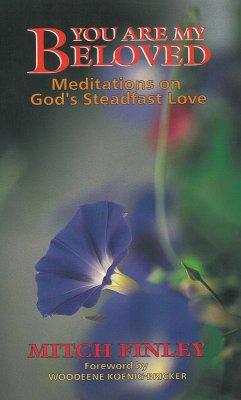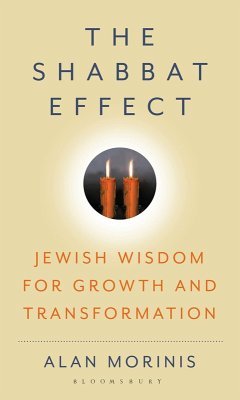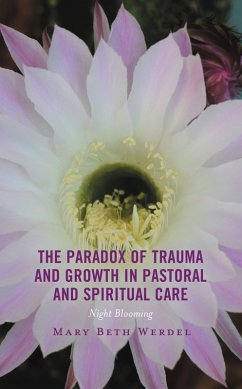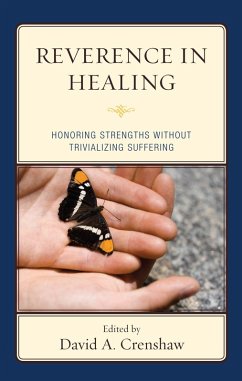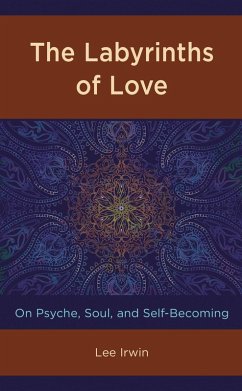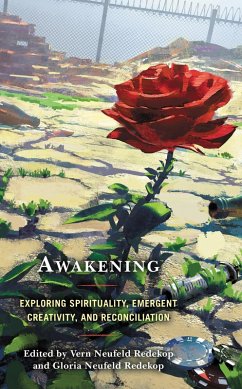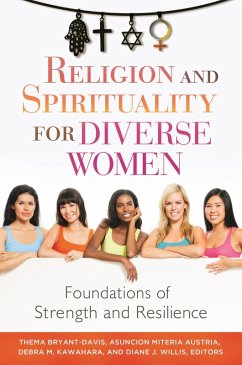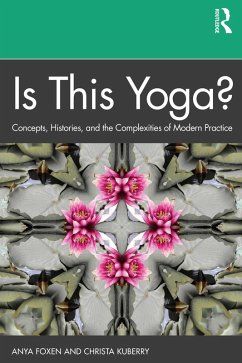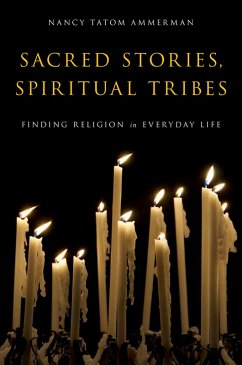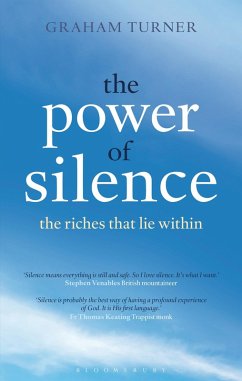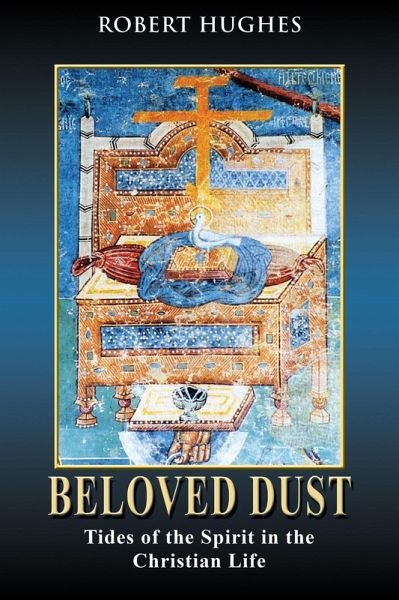
Beloved Dust (eBook, PDF)
Tides of the Spirit in the Christian Life
Versandkostenfrei!
Sofort per Download lieferbar
34,95 €
inkl. MwSt.
Weitere Ausgaben:

PAYBACK Punkte
17 °P sammeln!
There has been an explosion of interest in classical Christian spirituality over the past 50 years. While a great deal of work has been done on the history of Christian spirituality, there has been no full-scale theological and pastoral treatment of Christian spiritual life since before the Second Vatican Council. Beloved Dust takes a realistic, contemporary view of human being as entirely physical (dust) and shows it immersed in three great tides of the Holy Spirit, the traditional threefold rhythm of conversion, transfiguration, and glory. What is unique about Robert Hughes's approach is the...
There has been an explosion of interest in classical Christian spirituality over the past 50 years. While a great deal of work has been done on the history of Christian spirituality, there has been no full-scale theological and pastoral treatment of Christian spiritual life since before the Second Vatican Council. Beloved Dust takes a realistic, contemporary view of human being as entirely physical (dust) and shows it immersed in three great tides of the Holy Spirit, the traditional threefold rhythm of conversion, transfiguration, and glory. What is unique about Robert Hughes's approach is the effort to root spiritual theology in the doctrine of the Spirit, an outgrowth of the renewed interest in the Trinity among both Catholics (Karl Rahner) and Protestants (Robert Jenson). Also striking is Hughes's emphasis on "ordinary life". Here as a married Episcopal priest/theologian who brings a distinctly "Protestant" perspective to a traditionally "Catholic" enterprise for so long the preserve of celibate priests. What he achieves is a new presentation of the traditional teaching in the light of contemporary knowledge and practice.




